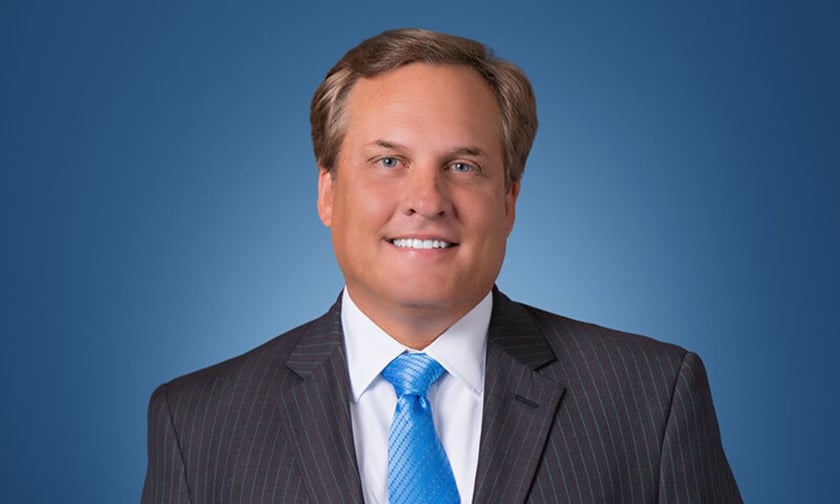

Florida’s insurance market remains in turmoil as investigations have exposed widespread self-dealing by insurers. One legal expert told Insurance Business that the state’s failure to properly audit and address affiliate transactions by insurance companies has led to Florida homeowners bearing the brunt of skyrocketing premiums.
Chip Merlin Jr. (pictured), founder of Merlin Law Group and long-time policy advocate, said “egregious failures of regulatory oversight” in Florida have led to a “financial shell game” that’s left policyholders overcharged and under-protected.
Potential political influence and a "revolving door" between regulation and industry lobbying have also contributed to the lack of oversight, Merlin said.
The roots of the crisis go back nearly two decades. After the devastating hurricanes of 2004 and 2005, major national insurers began pulling out of Florida.
To fill the gap, the state encouraged a wave of smaller, Florida-based companies to step in and take over policies, especially those held by Citizens. It was a high-stakes gamble, according to Merlin, and for a while, it appeared to work.
“We got a lot of policies out of Citizens. But during that time, we began raising questions, almost immediately, about some insurance companies,” said Merlin, who participated in the Citizens Property Insurance Review Task Force in 2008 and 2009.
“Rather than taking their profits and reinvesting them to grow their surplus, so they could pay claims when a rainy day came or expand their capacity to sell more insurance, they seemed to be pulling a lot of money out of the company through various methods. One of those was through affiliated companies.”
These affiliated entities provide services like claims adjusting, managing general agency work, or reinsurance, and are often owned by the same executives who run the insurer.
The mechanics were familiar to those in the field, said Merlin, such as managing general agents, service companies, and even reinsurers with close ties to the insurer itself were billing at inflated rates, diverting funds away from reserves meant to pay out claims.
And despite longstanding rules that require these affiliated transactions to be disclosed and scrutinized, enforcement in Florida appeared lacking.
“Florida regulators were looking the other way,” Merlin said. “Every accountant in the United States knows about the issue with affiliated companies. It’s supposed to be reported. It’s not new.”
The issue exploded into public view when a long-buried 2022 report surfaced earlier this year. Commissioned by the Office of Insurance Regulation (OIR) and based on data from 2017 to 2019, the report found billions were being siphoned away from insurers via affiliated transactions.
“That report showed affiliated entities were overcharging and allowing executives to make significant sums in excess of what was required,” Merlin said. “Rather than growing the insurance company and keeping rates lower, the profits and losses were distorted.”
The report never made it to legislators’ desks before sweeping legal reforms were passed in 2023. Those laws stripped some key legal protections for policyholders, including the right to recover attorneys’ fees in disputes.
“People aren’t blind to see that this might have been part of what’s been discussed as the ‘revolving door’ of insurance regulation,” Merlin said. “The political will to act just wasn’t there.”
The problem, Merlin argued, isn’t the existence of affiliated service providers – it’s the lack of transparency and oversight. “Managing general agents, service companies, reinsurers all have a proper place, and they can be affiliated,” he said. “But that’s why the transactions have to be audited.”
Even now, insurers often cite Florida’s trade secret laws as a shield from public scrutiny. “They’re saying, ‘We’ll give you the info, but don’t make it public,’” Merlin said. “But if you don’t show the public the results, the public’s going to lose trust in the insurance marketplace. And frankly, they already have.”
There’s a long runway for reform, and transparency is the start of change for Florida’s encumbered insurance system.
“We need insurance companies to be honestly profitable,” Merlin said. “Holding them accountable to that promise keeps other cheaters in their own industry from giving this bad name, the distrust, that’s currently going on.”
Merlin stressed he’s not on a crusade against the entire industry. “Insurance plays a very valuable role in society,” he said. “But when people say they can’t afford insurance, and their claims aren’t being paid, and then find out the truth was buried, they get angry.”
